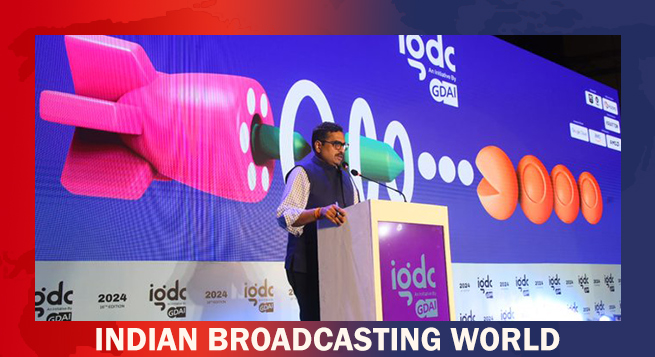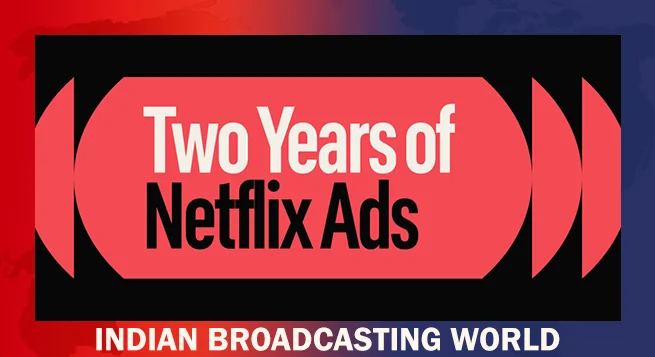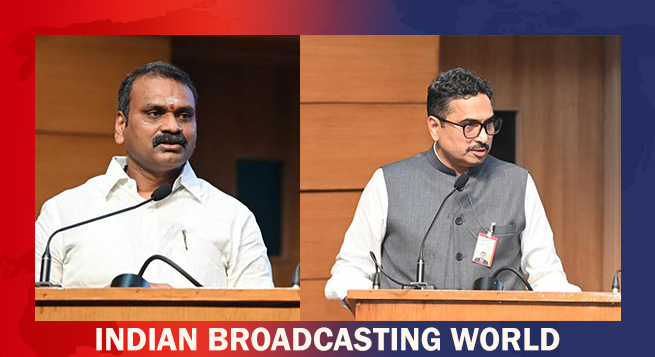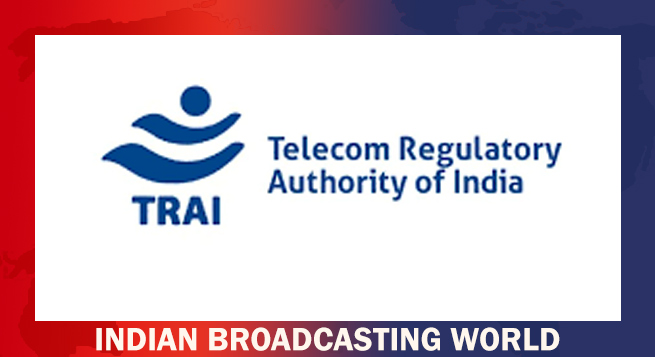The Delhi High Court yesterday asked the Competition Commission of India (CCI) to consider a petition filed by the Alliance of Digital India Foundation (ADIF) against Google’s policy allowing the use of third-party payment processors on a commission basis for paid app downloads and in-app purchases.
The ruling was issued by Justice Tushar Rao Gedela in response to a petition filed by ADIF, an alliance of individuals and an industry-representing body of the country’s innovative start-ups.
The petitioner had filed a complaint with the high court earlier this month, alleging that the anti-trust authority had failed to act on its application over the new payment policy due to a lack of quorum.
“There are no legal or other impediments to directing the CCI to take up the petitioner’s petitions under Section 42 (contravention of CCI orders) of the Act for hearing and consideration in line with the law on or before 26.04.2023. As a result, the petition is dismissed in the manner stated above,” the court stated.
The court noted that any vacancy or defect in CCI’s constitution would not render any proceedings invalid in terms of its adjudicatory powers, and according to Additional Solicitor General N Venkataraman, CCI was constituted by the provisions of the Competition Act and was fully functional and carrying out adjudicatory functions, PTI reported from New Delhi.
“Merely because of a defect or a vacancy in the constitution of the CCI, the CCI cannot be considered as a statutory authority not having jurisdiction to adjudicate the complaints or other proceedings pending before it. Any interpretation, other than the aforesaid, would render the provisions of Section 15 otiose and which could not possibly be the intention of the Legislature either,” it said.
The petitioner had earlier said that Google’s ‘User Choice Billing’ policy, which is set to take effect on April 26, would charge service fees of 11 percent or 26 percent in the case of third-party payment processors, which is anti-competitive and an attempt to circumvent an order issued by the Competition Commission of India.
According to the petitioner, the US technology giant operates a mobile application marketplace for Android devices called ‘Play Store,’ which has a monopoly in that market, and there is no necessity to pay any commission to third-party payment processors under the current framework.
The court was informed that, in October of last year, the CCI, while imposing a Rs 936 crore penalty, asked Google to allow and not restrict app developers from using third-party billing services, and to not impose any discriminatory conditions.
The petitioner claimed that the CCI had failed to act on its request about the new policy due to a lack of quorum to discuss the matter.
It had argued that the CCI should apply the “doctrine of necessity” and investigate the matter because failure to interfere would create irrevocable harm to the petitioners and other app developers, as well as market distortion.
In the meanwhile, the petitioner requested that the policy be suspended until the case is investigated by the anti-trust regulator.
Google had objected to the petition on many grounds, including that the CCI was incapable of adjudicating the petitioner’s claim because there were only two members and the Chairperson had yet to be nominated.
In its 38-page order, the court said its observations shall not be tantamount to any expression on the merits of the case and the same is without prejudice to the rights and contentions of all the parties to be taken at an appropriate proceeding.
It also said the question of examining whether the doctrine of necessity is or does not apply to the present case does not arise at all.
 Vaz, Mani, Gupta to head 3 verticals of RIL-Disney India merged entity
Vaz, Mani, Gupta to head 3 verticals of RIL-Disney India merged entity  Govt & industry to prime gaming space for global dominance: MIB Secy Jaju
Govt & industry to prime gaming space for global dominance: MIB Secy Jaju  Netflix ad-supported tier touches 70mn MAUs globally
Netflix ad-supported tier touches 70mn MAUs globally  Minister Murugan likens IFFI to Cannes fest; ‘Better Man’ opening film
Minister Murugan likens IFFI to Cannes fest; ‘Better Man’ opening film  Nickelodeon extends #HappyKidding campaign
Nickelodeon extends #HappyKidding campaign  WBD celebrates kids with enchanting lineup
WBD celebrates kids with enchanting lineup  Nikkhil Advani: SonyLIV’s ‘Freedom at Midnight’ chronicles Indian history
Nikkhil Advani: SonyLIV’s ‘Freedom at Midnight’ chronicles Indian history  TRAI deadline for submission on ground-based b’casters extended
TRAI deadline for submission on ground-based b’casters extended  Prime Video to premiere ‘Rana Daggubati Show’ Nov 23
Prime Video to premiere ‘Rana Daggubati Show’ Nov 23 








